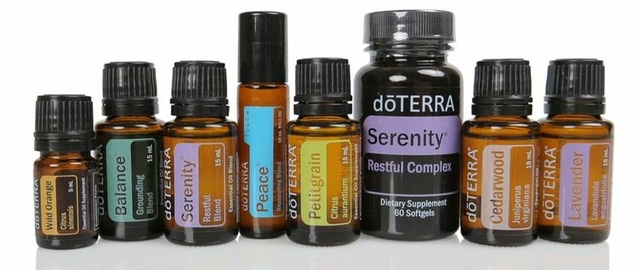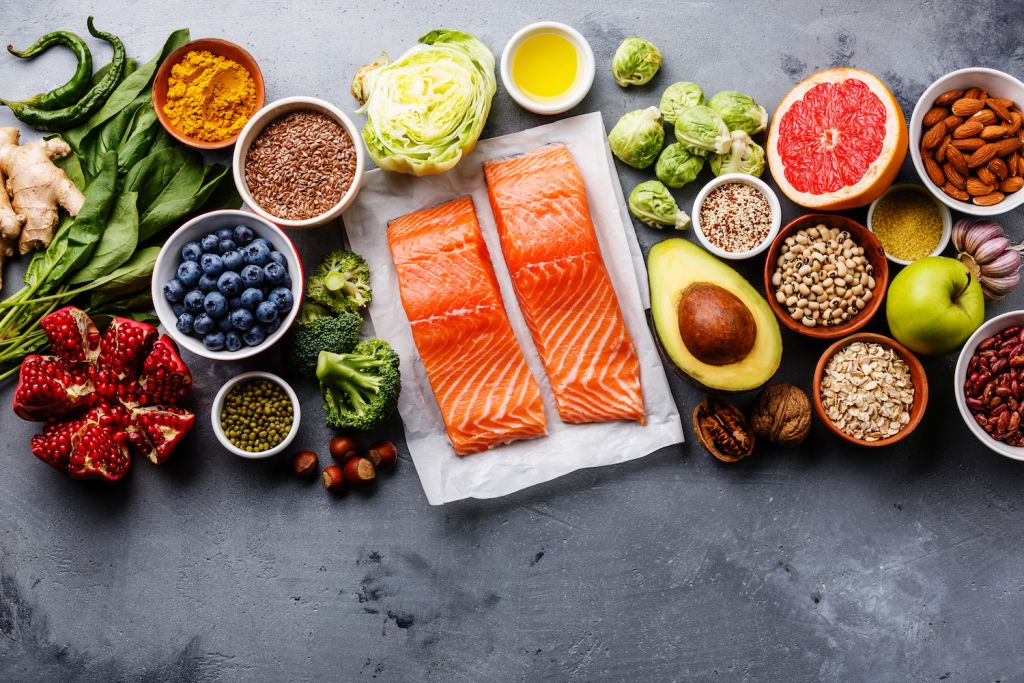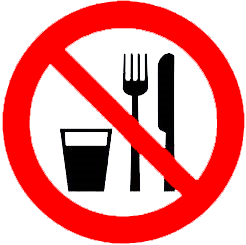
Essential oils are concentrated extracts derived from plants that capture the plant’s fragrance and flavor. They have been used for thousands of years in various cultures for their therapeutic and aromatic properties. Here are some ways in which essential oils can enhance your life:
Aromatherapy: One of the most popular uses of essential oils is through aromatherapy. Inhaling the scents of essential oils can have a direct impact on the brain’s limbic system, which is involved in emotions, memory, and mood. Different oils can promote relaxation, reduce stress, boost energy, and improve focus.
Stress relief and relaxation: Many essential oils have calming properties that can help reduce stress and anxiety. Lavender, chamomile, and bergamot are some examples of oils known for their relaxing effects. Diffusing these oils or adding them to a bath can create a peaceful environment and promote relaxation.
Improved sleep: Due to their calming nature, certain essential oils can aid in improving sleep quality. Oils like lavender, valerian, and vetiver are commonly used to help with insomnia and promote a restful night’s sleep.
Natural air fresheners: Instead of using synthetic air fresheners with potentially harmful chemicals, essential oils can serve as a natural alternative. Diffusing oils like citrus, peppermint, or eucalyptus can create a pleasant aroma in your living space.
Skin and hair care: Essential oils are often used in skincare products for their potential benefits to the skin. Some oils have antibacterial, anti-inflammatory, or moisturizing properties. Tea tree oil, for example, is known for its antimicrobial effects and is used to treat acne. Similarly, oils like jojoba or argan can be beneficial for hair health.
Natural cleaning solutions: Essential oils possess antimicrobial properties that make them useful as natural disinfectants. Oils like lemon, tea tree, and eucalyptus can be added to homemade cleaning solutions to help sanitize surfaces effectively.
Mood enhancement and emotional support: Essential oils can have a positive impact on emotions and mood. Oils such as citrus oils (e.g., lemon, orange) can uplift the spirit, while others like peppermint can boost focus and alertness.
Pain relief: Some essential oils, such as peppermint and eucalyptus, have analgesic properties that can help alleviate minor aches and pains when applied topically.
Personal care and relaxation rituals: Incorporating essential oils into your self-care routine can turn everyday activities into soothing rituals. Using them in massages, baths, or during meditation can enhance the overall experience and provide a sense of well-being.
It’s important to note that while essential oils can offer potential benefits, individual responses to them may vary. It’s essential to use them safely and appropriately, as some oils may cause skin irritation or adverse reactions if not properly diluted or used in excess. If you’re new to using essential oils, consider consulting a qualified aromatherapist or healthcare professional for guidance.


 Intermittent fasting is a term buzzing around the health and fitness industry. It is being utilized to improve digestive health, assist weight loss, and simplify one’s lifestyle.
Intermittent fasting is a term buzzing around the health and fitness industry. It is being utilized to improve digestive health, assist weight loss, and simplify one’s lifestyle. Many studies support the theory that drinking water is beneficial for weight loss. Also, hydration is key for many factors that play a role in weight loss, including digestion and muscle function. Let’s explore how drinking water may help a person to lose weight and look their best!
Many studies support the theory that drinking water is beneficial for weight loss. Also, hydration is key for many factors that play a role in weight loss, including digestion and muscle function. Let’s explore how drinking water may help a person to lose weight and look their best!